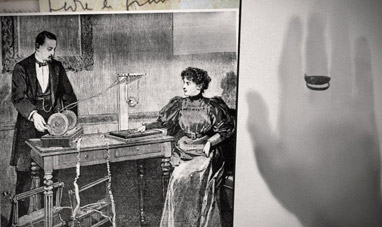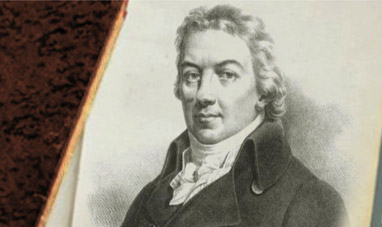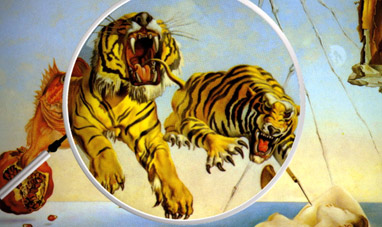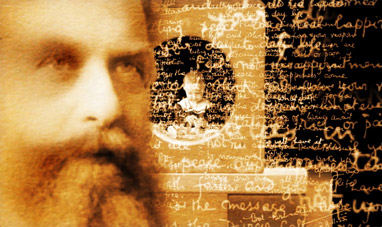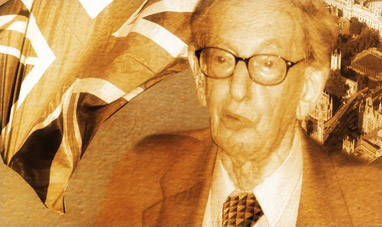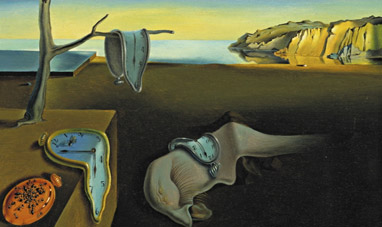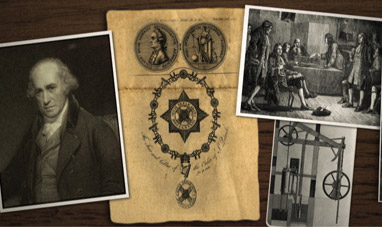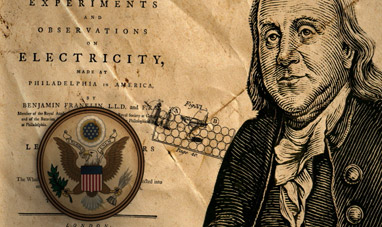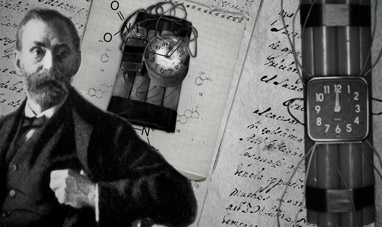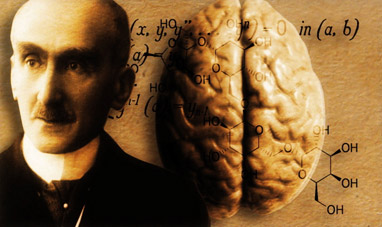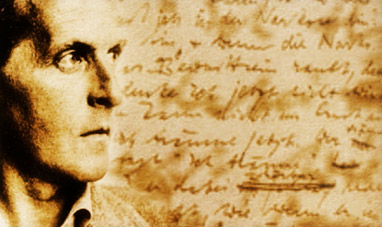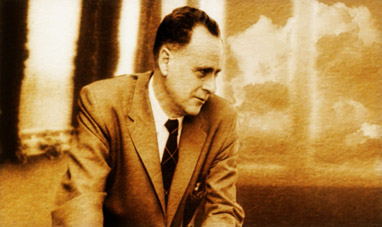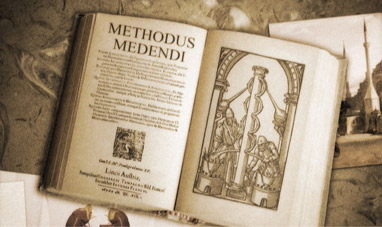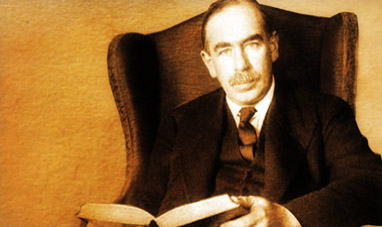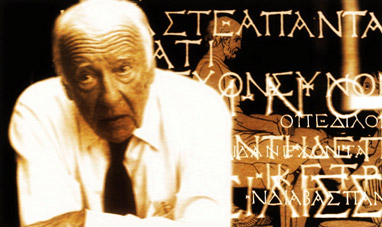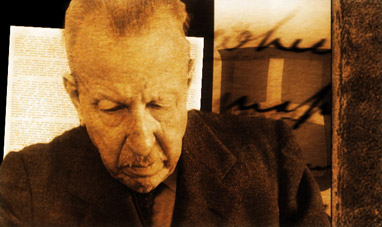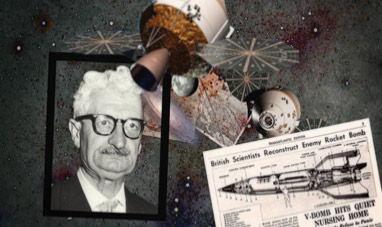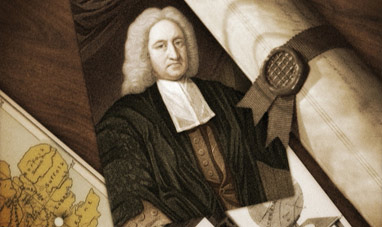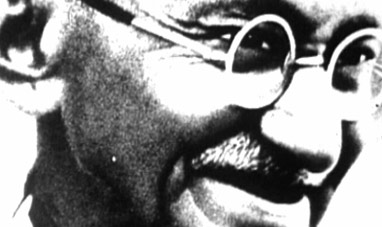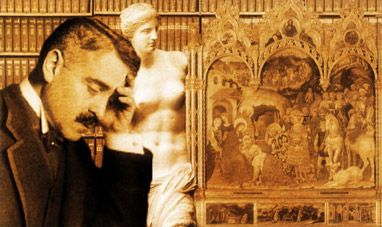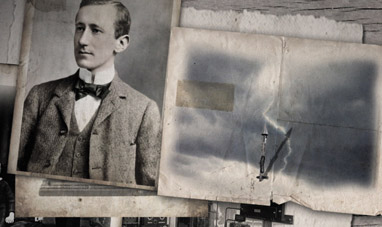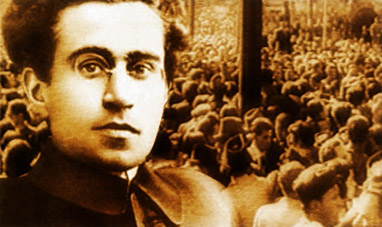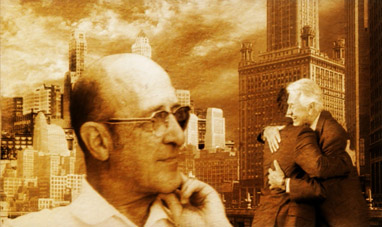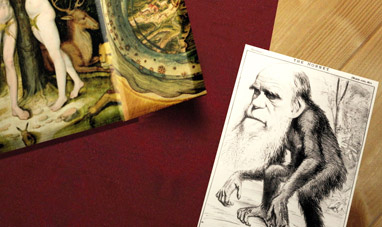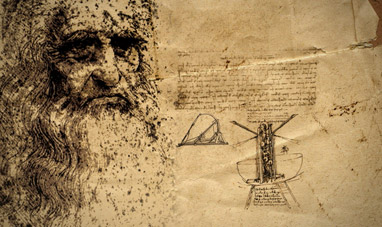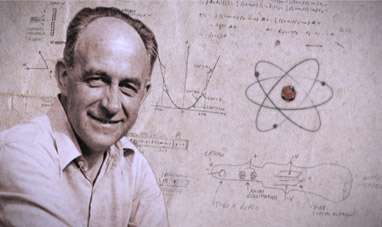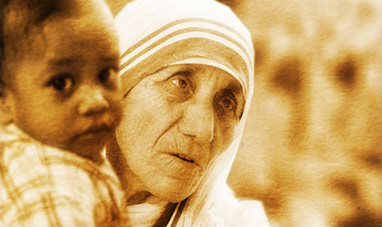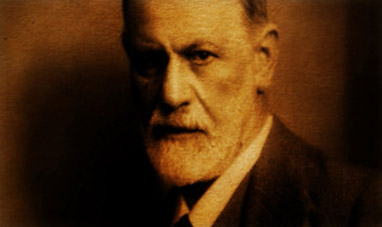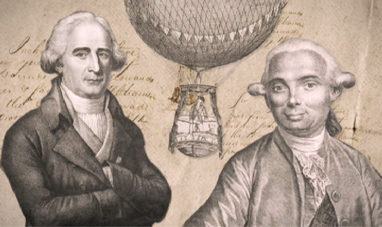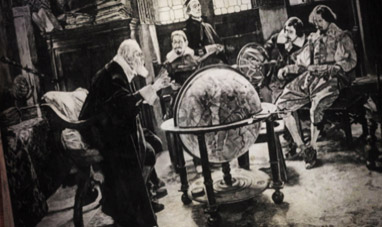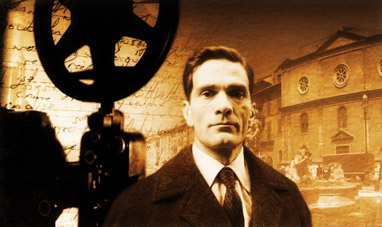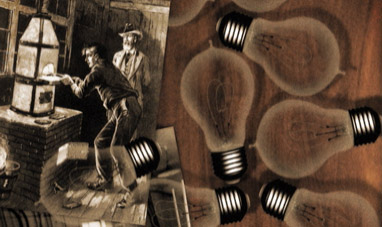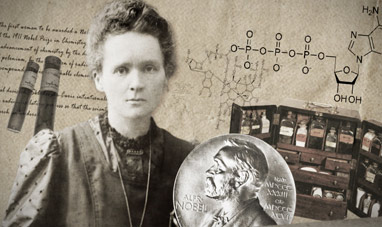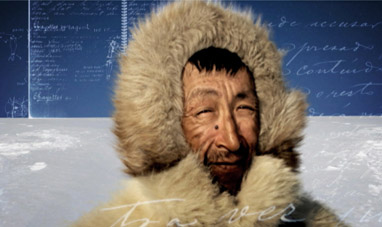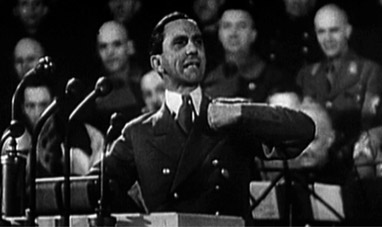Swiss psychiatrist Carl Gustav Jung founded analytical psychology. Son of a Protestant pastor, he was born on July 26, 1875 in Kesswil, Switzerland. After earning a degree in medicine, he became a researcher at a psychiatric clinic in Zurich. At 34, he opened a psychiatric ward in Küsnacht. Although Jung was interested in the psychological theories advanced by Sigmund Freud, he eventually broke from strict Freudian interpretation. This separation began in 1912 with the publication of Symbols of Transformation. Jung saw libido as part of man’s psychic energy, a vital and central creative force that wasn’t exhausted through sex alone. He reiterated the concept in The Psychology of the Unconscious, published in 1917.
In the years that followed he developed a unique vision of personality that he explained in Psychological Types [1921]. Jung identified two character types: the introvert, who directed energy and libido toward inner life, and the extrovert, who turned attention outward, toward external existence. He also identified four personality types defined by sensation, intuition, thinking and feeling, each characteristic representing a different way for man to regulate his relationship with the outside world. Psychological type depended on the combination of these tendencies. According to Jung, each human being has “a priori” aptitudes that must be individually developed. This undertaking leads to self-fulfillment, which is the expression of “self.” Self represents totality of being, including the dialectic relationship between conscious and unconscious. The unconscious [personal unconscious] collects thoughts, feelings and individual experiences that the conscious mind has excluded.
But Jung also described what he called the collective unconscious, a reservoir of cultural experience each individual inherits as a member of the human race. The collective unconscious mandates universal ways of being, which Jung termed “archetypes.” These ideas recur in myth, symbols and spiritual notions. They are also contained in dreams. Jung studied psychic phenomena in the broadest terms, linking them to spiritual expression. His writings were interdisciplinary, an alchemic mix of symbology, anthropology and contemporary history. This multifaceted, global vision of man was reflected in Jung’s therapeutic message. Instead on insisting on identifying and repairing pathologies, Jungian therapy tried to help a patient toward a better understanding of reality and toward self-actualization. After a lifetime rich in awards and acknowledgments, Jung died in his house in Küsnacht on June 6, 1961. He was 85. Founded in 1948, the Carl Gustav Jung Institute in Zurich continues to disseminate his thinking.
In the years that followed he developed a unique vision of personality that he explained in Psychological Types [1921]. Jung identified two character types: the introvert, who directed energy and libido toward inner life, and the extrovert, who turned attention outward, toward external existence. He also identified four personality types defined by sensation, intuition, thinking and feeling, each characteristic representing a different way for man to regulate his relationship with the outside world. Psychological type depended on the combination of these tendencies. According to Jung, each human being has “a priori” aptitudes that must be individually developed. This undertaking leads to self-fulfillment, which is the expression of “self.” Self represents totality of being, including the dialectic relationship between conscious and unconscious. The unconscious [personal unconscious] collects thoughts, feelings and individual experiences that the conscious mind has excluded.
But Jung also described what he called the collective unconscious, a reservoir of cultural experience each individual inherits as a member of the human race. The collective unconscious mandates universal ways of being, which Jung termed “archetypes.” These ideas recur in myth, symbols and spiritual notions. They are also contained in dreams. Jung studied psychic phenomena in the broadest terms, linking them to spiritual expression. His writings were interdisciplinary, an alchemic mix of symbology, anthropology and contemporary history. This multifaceted, global vision of man was reflected in Jung’s therapeutic message. Instead on insisting on identifying and repairing pathologies, Jungian therapy tried to help a patient toward a better understanding of reality and toward self-actualization. After a lifetime rich in awards and acknowledgments, Jung died in his house in Küsnacht on June 6, 1961. He was 85. Founded in 1948, the Carl Gustav Jung Institute in Zurich continues to disseminate his thinking.

